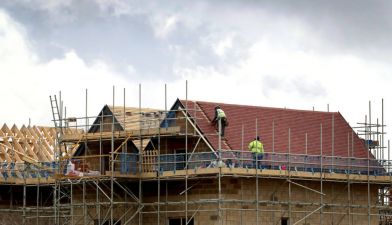Many future retirees are likely to be financially exposed when they stop working as they will have to pay rent, according to a new report.
Research by the Economic and Social Research Institute (ESRI) found that home ownership rates among young working adults in Ireland have collapsed in the face of rising house prices. The share of 25-34 year olds who own their own home more than halved between 2004 and 2019, falling from 60 per cent to just 27 per cent.
Lower home ownership rates would mean a higher proportion of households in the rental sector and “the continuation of rental payments into retirement”, the report says.
Reductions in home ownership of this magnitude would also raise the proportion of people aged 65-plus living in income poverty, from 14 per cent at present to as high as 31 per cent.
The research, funded by the Pensions Council, used data from the ESRI’s Survey on Income and Living Conditions and the Irish Longitudinal Study on Ageing to simulate future rates of home ownership and the potential impact on income poverty rates in retirement.

It estimated that 65 per cent of those currently aged 35-44 are likely to become homeowners by retirement given current trends, compared to 90 per cent of those currently aged over 65 and 80 per cent for those currently aged 55-64 and 45-54.
“Home ownership in retirement currently provides a double dividend – lower housing costs and higher assets in retirement,” the report’s lead author Rachel Slaymaker said.
“Our findings suggest that home ownership rates will be substantially lower for future cohorts, particularly those currently aged 45 and under,” she said.
“Without intervention, this will lead to significantly higher rates of income poverty in retirement for these cohorts,” she added.







